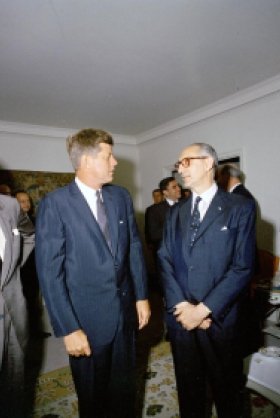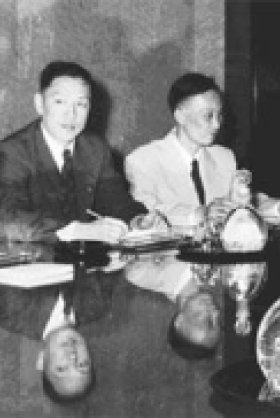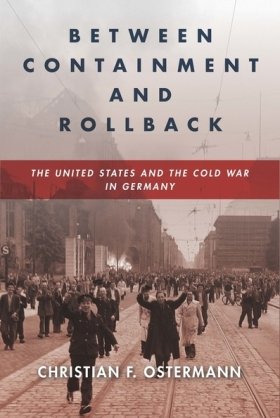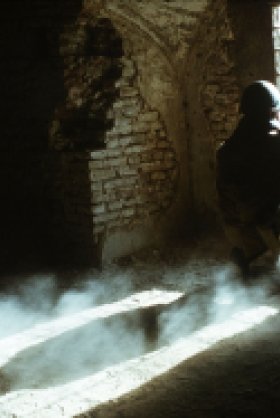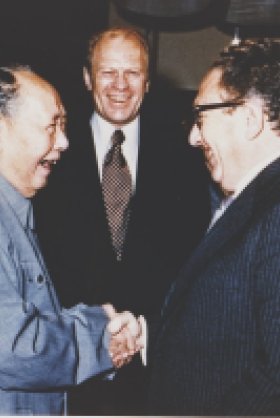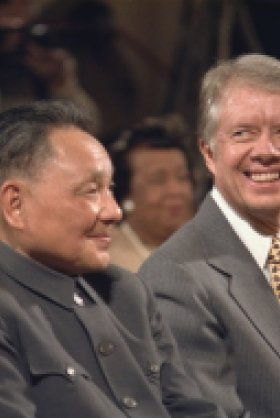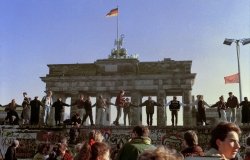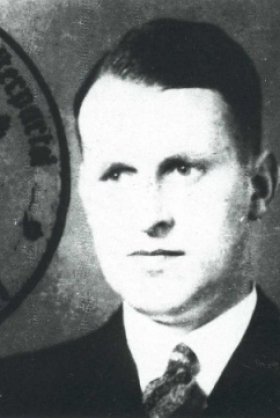The 12th Annual Cold War History Research Center International Student Conference at Corvinus University of Budapest
The 12th Annual Cold War History Research Center International Student Conference was held at Corvinus University of Budapest between May 31 – June 1, 2022.
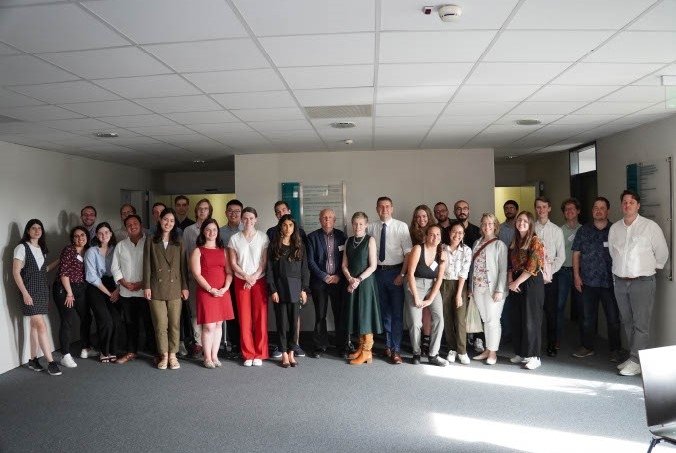
Corvinus University
The conference was opened by Csaba Békés, Professor, Corvinus University of Budapest, Founding Director, Cold War History Research Center at Corvinus University of Budapest and the Centre for Social Sciences and Tamara Keszey, Vice-Rector for Research, Corvinus University of Budapest.
This year the Cold War History Research Center welcomed two leading Cold War historians as keynote speakers. Odd Arne Westad (Elihu Professor of History, Yale University) held the keynote speech on May 31, entitled “The End of the Cold War and the Rise of China”. On June 1, Matthew Connelly (Professor of International and Global History, Columbia University) held the keynote speech entitled “How Can Digital History Help Set the Agenda for Research on the Cold War?”
The conference was organized in collaboration with the European Institute at Columbia University, New York; the Cold War Archives Research project (CWAR) under the Cold War International History Project, Woodrow Wilson Center for Scholars, Washington D.C.; and the London School of Economics and Political Science, Department of International History, Contemporary International History and the Global Cold War Research Cluster.
The conference was organized in eight panels including various topics from Cold War history to the international relations of the post-Cold War period. Students presenting their research came from Austria, the Czech Republic, Italy, Poland, the Philippines, Romania, Russia, Switzerland, Turkey, the United Kingdom, and the United States. Altogether 27 presentations were delivered by MA and PhD students, representing the following institutions: Bilkent University, Columbia University, Harvard University, MIT, Georgetown University, New York University, College of the Holy Cross, Stony Brook University, George Washington University, Masaryk University, Temple University, University of the Philippines Diliman, University of Bucharest, LSE, Russian State University, Jagiellonian University, Babeş-Bolyai University, Roma Tre, Central European University, King’s College London, and Corvinus University of Budapest.
The chairs of the panels are renowned scholars from Hungary and abroad, as well as faculty from Corvinus: Erzsébet N. Rózsa (University of Public Service / CERS Institute of World Economy), Victoria Phillips (Columbia University / LSE), Matthew Connelly (Columbia University), János Kemény (University of Public Service), Barnabás Vajda (Selye János University, Komárno), Dániel Vékony, Zoltán Kelemen, Péter Marton (CUB).
At the conference we hosted two additional distinguished Cold War scholars: Christian Ostermann, Director of the History and Public Policy Program, and Cold War International History Project, Woodrow Wilson Center and Victoria Phillips, Professor at Columbia/LSE, founding director of the Cold War Archives Research project.
The program and the recordings of the conference are available at the CWHRC’s Facebook page and YouTube channel.
In 2019, the top 30 studies from the first six conferences were published in a freely available English-language volume as an E-book.
Related Programs

Cold War International History Project
The Cold War International History Project supports the full and prompt release of historical materials by governments on all sides of the Cold War. Through an award winning Digital Archive, the Project allows scholars, journalists, students, and the interested public to reassess the Cold War and its many contemporary legacies. It is part of the Wilson Center's History and Public Policy Program. Read more

History and Public Policy Program
The History and Public Policy Program makes public the primary source record of 20th and 21st century international history from repositories around the world, facilitates scholarship based on those records, and uses these materials to provide context for classroom, public, and policy debates on global affairs. Read more
